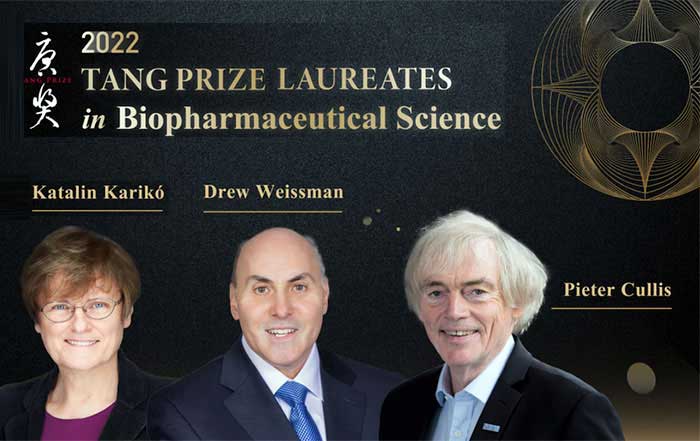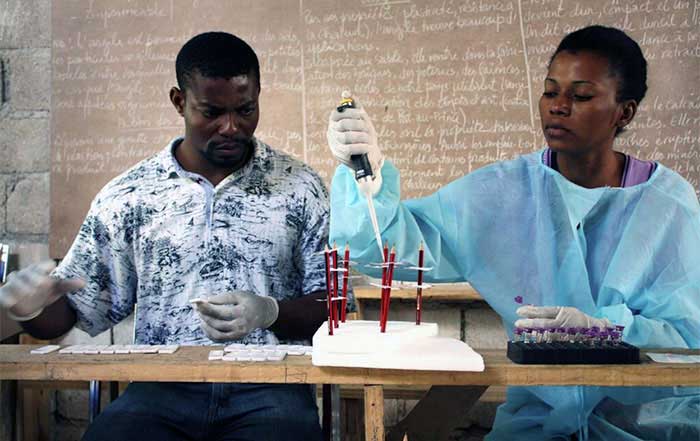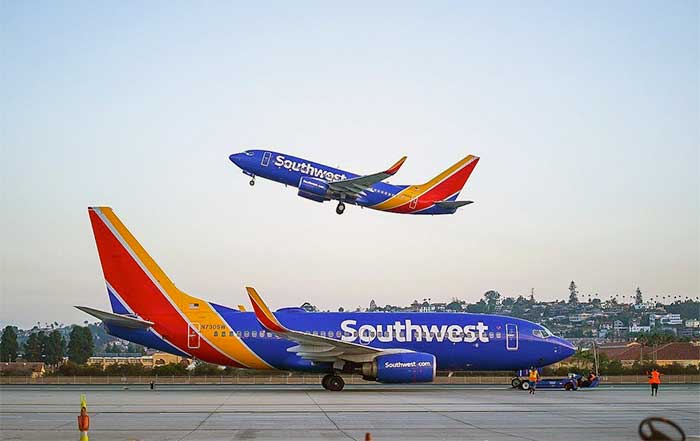Cyble, the Y Combinator-backed leader in AI-powered global cyber threat intelligence, is proud to announce that it is now a credible source in the list of key contributors to VirusTotal's risk analysis. Being a part of VT's list of website/domain scanning engine contributors will allow Cyble to extend its threat research even beyond its client base and serve the entire cybersecurity fraternity at large.
Owned by Chronicle - a subsidiary of Alphabet Inc. (Google), VirusTotal offers threat research insights and reputation data to foster the analysis of suspicious files, risky URLs, malicious domains, and IP addresses for the effective detection of potential cybersecurity threats. VirusTotal reports comprise crowdsourced details consolidated through the intelligence from multiple global security services.
This strategic integration with VirusTotal will help extend Cyble's SaaS-based enterprise solution – Cyble Vision – to the overall cybersecurity community. It will empower security researchers worldwide to access Cyble's unique threat indicators that it observes as part of its routine threat monitoring exercise. As a result of this partnership, Cyble's actionable threat intelligence, gathered from 200B+ darkweb records and 400M+ digital assets, will now be synchronized with VirusTotal's database, in turn allowing organizations to enrich their Threat Intelligence and Digital Risk Protection framework.
According to Dhanalakshmi Pk, Senior Director Malware and Intelligence Research at Cyble, "VirusTotal is one of the largest and most reputed repositories of malware scanning, trusted by millions of security analysts and researchers for data enrichment. Being integrated with VirusTotal is another milestone in Cyble's journey towards securing individuals, enterprises, governments, and Law enforcement agencies across the world. It will help the global infosec community to leverage Cyble's exclusive real-time threat intelligence repositories for protecting their digital assets from targeted cyberattacks. Additionally, Cyble's rich data set will enable users of VirusTotal to carry out the proactive identification and mitigation of a plethora of digital risks associated with critical severity vulnerabilities, supply chain compromise, Ransomware and APT attacks, and Phishing attacks, among others."
With a vision to democratize digital risk protection through a combination of automation, human analytics, and innovation, Cyble aims to continue to secure its clients and the global cybersecurity community at large with timely and actionable threat intel to pre-empt and avert potential future attacks. With proprietary threat hunting models based on a combination of big data, ML+AI, and state-of-the-art threat research, Cyble alerts its users with sufficient context to understand cyber risks and prioritize them through real-time alerts and meaningful threat intelligence.
This news comes just a few days after the company's recent announcement of launching a dedicated Managed Security Service Provider (MSSP) Program to empower industry-leading MSSPs with enhanced controls to provide, configure, and monitor all services provided by Cyble Vision as a software suite to its end customers. Besides offering a converged view of Threat Intelligence, Digital Risk Protection Services, and Darkweb and Cybercrime Monitoring capabilities, Cyble is deeply invested in expanding visibility into the darkweb and upgrading its research models and technology to keep pace with the growing sophistication of cyber threats.
Beenu Arora, CEO, and Co-founder of Cyble says, "We're incredibly excited to join hands with VirusTotal. This gives us an opportunity to serve the cybersecurity industry globally. As part of such an extensive global threat information platform, we will continue to scale our tool to cater to a wider audience. This partnership will help us direct our efforts towards expanding our threat intelligence capabilities in lockstep with the growing security needs of the industry. Furthermore, being integrated into VirusTotal's list of credible sources portrays our credibility as a trusted and reliable cybersecurity leader and cybercrime mitigation partner."
Cyble is a global threat intelligence SaaS provider that helps enterprises protect themselves from cybercrimes and exposure on the Surface web, Deepweb, and Darkweb. Its prime focus is to provide organizations with real-time visibility into their digital risk footprint. Backed by Blackbird Ventures, Xoogler, and Y Combinator as part of the 2021 winter cohort, Cyble has also been recognized by Forbes as one of the top 20 Best Cybersecurity Start-ups, along with several other industry recognitions. Headquartered in Georgia, United States, and with offices in Dubai, Australia, Singapore, and India, Cyble has a global presence.




